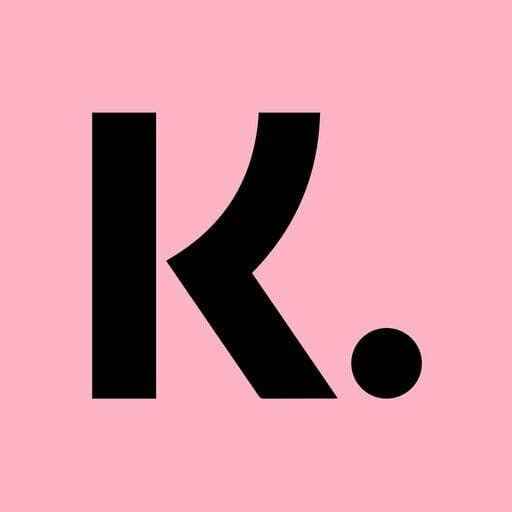Invest in 10,000+ US Stocks and ETFs
* Offering through VF Securities, Inc. (member FINRA/SIPC)

Klarna is a leading global fintech company revolutionizing the way consumers shop and pay. Founded in 2005, Klarna initially gained traction in Sweden by offering a "pay after delivery" option, significantly boosting conversion rates for online retailers. Today, Klarna provides a suite of flexible payment solutions, including the ability to pay in 30 days, or through interest-free installments with options for longer-term financing. With over 250,000 merchant partners, Klarna has established itself as a key player in the Buy Now, Pay Later (BNPL) market, processing a staggering $105 billion in gross merchandise volume (GMV) in 2024.
Klarna's innovative approach sets it apart from competitors like Afterpay and Affirm. The company not only offers multiple payment options but also integrates a comprehensive shopping app that enhances the consumer experience with features like price drop notifications and delivery tracking. This focus on user engagement has led to impressive growth, with a 24% year-over-year revenue increase to $2.81 billion in 2024, and a significant improvement in profitability, achieving net income for the first time since 2019.
As Klarna continues to expand its footprint in the U.S. and beyond, it aims to evolve into a holistic shopping platform that combines consumer financing with merchant marketing. With a vision to enhance user engagement and drive traffic to retailers, Klarna is poised for sustained growth in the dynamic fintech landscape.
When investment opportunities become available for Klarna, they would typically be structured through US-based, bankruptcy-remote Delaware SPVs. As an investor, you would become a limited partner in a fund that indirectly holds shares of the company. This page is for expressing interest in future opportunities, not for making actual investments.
Direct investment into high-demand private companies like Klarna often requires $50M+ in capital. Our SPV structure gives you access at lower minimums by pooling capital and investing through intermediaries that already hold equity.
The minimum investment typically starts from $10,000, though it may vary depending on the deal size and available allocations.
Once the SPV is fully funded and the shares are secured, units will be allocated to your account and you'll be notified. This typically takes 2–3 weeks post close date.
Liquidity is not guaranteed. However, exits may occur through the following avenues:
(a) resale through our partner's Alternative Trading System (ATS) after a holding period,
(b) secondary market transactions,
(c) a future IPO of Klarna or its subsidiaries, or
(d) an acquisition of the company.
Key risks include equity risk (share value decline) and liquidity risk (limited tradability of private shares). As with any private market investment, capital loss is possible.
Taxation is treated the same as investing in US-listed stocks. Long-term capital gains (after 24 months) are taxed at 12.5%. Short-term gains are taxed as per your income tax slab.
All investments are made through SEC-compliant SPVs under Regulation S. The structure is similar to those used by leading US platforms like EquityZen and Forge.
Have additional questions about this investment opportunity? Our team is here to help.
Request Callback Link copied
Link copied